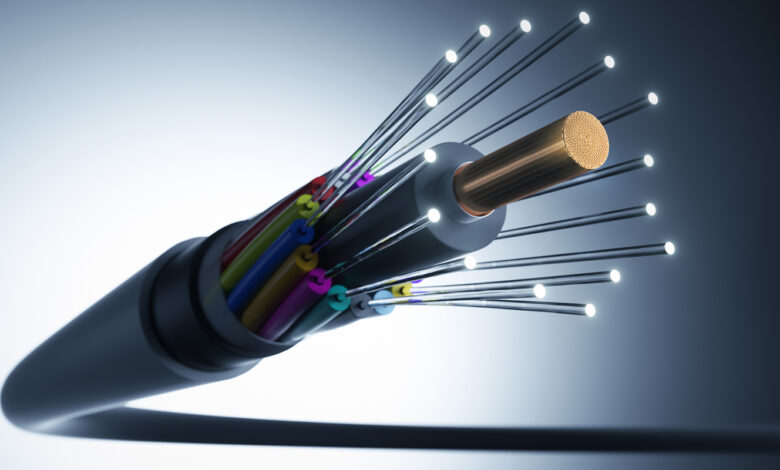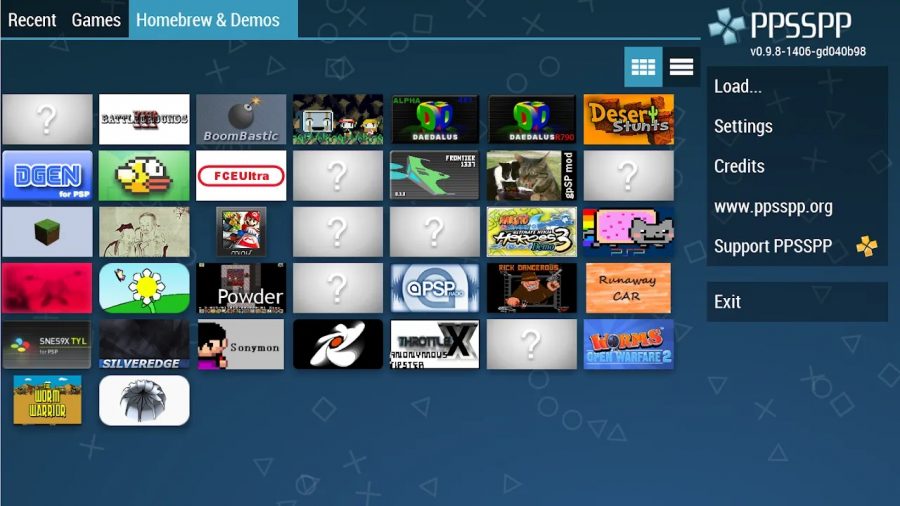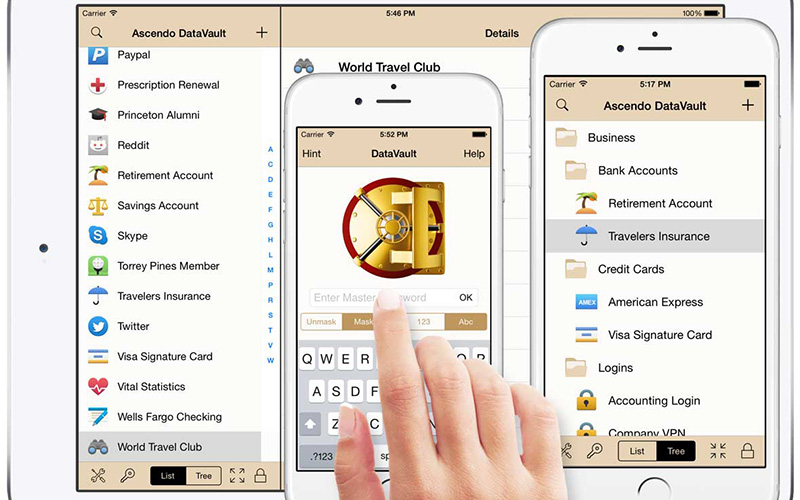Cable vs. Fiber: Which Internet Type Is Right for You?

When you are purchasing internet service, you want to choose the type that will meet all your needs. Staying connected today in our modern world is essential as practically everything we do today relies on the internet.
We use the internet for entertainment like watching our favorite tv shows on popular streaming services like Netflix or Planet Dish, shopping, paying bills, working, managing affairs and communicating with friends and loved ones. If you are a remote worker, you especially need to make sure the type of internet you choose is dependable.
While there are many types of internet available, fiber optics and cable are undoubtedly the best as these two options offer service at top speed.
For the sake of helping you choose the absolute best internet service that will best suit you and your circumstances, we will compare Fiber and cable.
The Difference Between Cable and Fiber
First, let’s talk about cable. Cable is more widely available compared to fiber. According to the Federal Communications Commission, cable internet has 88% coverage of the United States, whereas fiber only has 14% coverage.
Fiber may be the best option for businesses that require the fastest internet connections, have higher bandwidth demands, and require reliability for critical tasks. Fiber can be used for video and telephony applications, as well as server and application hosting. Fiber also provides the fastest speeds over greater distances. Fiber should be chosen by the most demanding users. Businesses that don’t have servers on site, don’t need a lot of content, and don’t need mission-critical internet applications, on the other hand, may save money by going with cable. Cable Internet is ideal for those who desire to keep costs down as many companies will offer bundles with other services.
Cable internet can serve the needs of an entire household of internet users who desire to stream and engage in heavy activity at the same time. Higher tiered plans can even support intense activity such as gaming. Many remote workers also rely on cable internet services.
Now that we have covered the advantages, let’s talk about the disadvantages. With cable Internet, Data is transmitted across copper wires by using electricity. Unlike fiber, cable has slower speeds, and cable is more vulnerable to severe weather as well as wear and tear. Additionally, if you have cable Internet and your entire neighborhood is online at once, you can guarantee that your speeds will slow down. Furthermore, cable is vulnerable to electromagnetic interference since data is transmitted over electricity and the wires are metallic.
Now that we have covered the advantages and disadvantages of cable internet, let’s talk about fiber. Fiber wiring is more durable as the data is transmitted over strands of glass that are protected by many layers of plastic. Unlike cable, fiber is not vulnerable to severe weather as it is better insulated. Additionally, the data cannot be interrupted by magnetic interference because data is transmitted over light signals instead of electricity. Data can travel over fiber wires clearer, faster and at much longer distances than over cable wires. In fact, the technology in fiber wiring is of a higher quality offering better speeds than cable with speeds ranging anywhere from 250 Mbps-1,000 Mbps.
The downside to fiber internet is that it is more expensive. It is also harder to get as most homes and businesses still rely on cable. Unfortunately, fiber optic internet providers availability is limited in most areas especially in rural areas in the United States. Having access to fiber internet in your location is preferable to using cable since it provides equally fast uploads and downloads, which is not the case with cable. If you live in a neighborhood that has fiber Internet services available, you have essentially struck gold. While company owners who want fiber can obtain private service and have a fiber line built directly to their establishment, homeowners either must live where such service is available or wait for it to come to their neighborhood.
So, which is better?
It is fair to conclude that cable internet can supply the needs of the average internet user. With cable internet, you can stream content, work remotely, manage your daily affairs and stay connected with friends and loved ones. Cable internet is even sufficient for gamers. What you want all depends on availability and how much you are willing to pay. If you find you absolutely want fiber internet, you need to move to a location where you can be certain to obtain such a service, and you need to be willing to pay the price. But if you are okay with cable, you can obtain cable internet service in most areas of the United States unless you live in a rural area where cable is not available.




